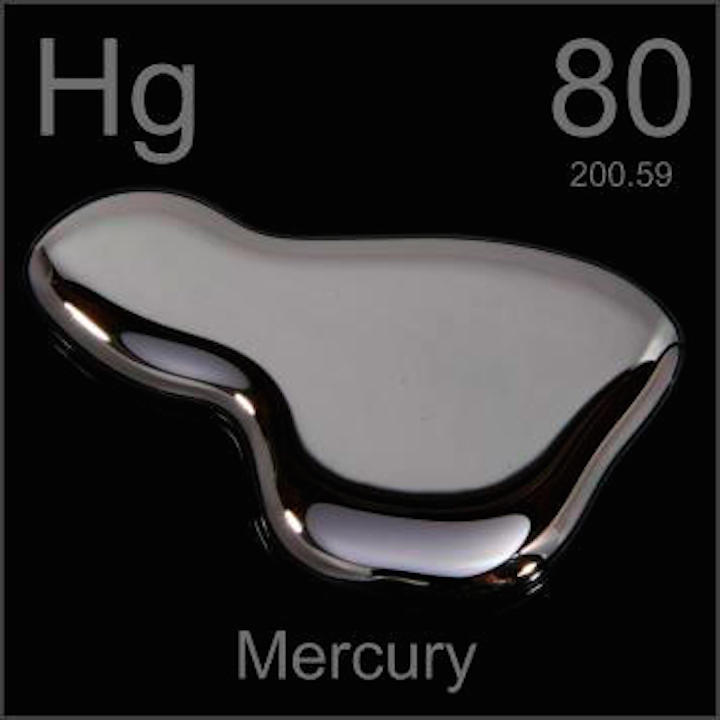A few steps removed from giant pandas, but in-line with PDXWildlife’s research ability, we began studying mercury concentrations in Antarctic fish species about the same time that we began studying pandas. The “pristine” ecosystem of the Antarctic represented the ideal location to analyze for the harmful pollutant- mercury. Our surprising results were published in the most recent article of the Bulletin of Environmental Contamination and Toxicology. Here is the reference and link to the article-

Mercury has many forms, but this is how most people have seen it portrayed. Photo courtesy of Google.com
Much to my delight, the article was given special attention with an editorial review by Gordon Paterson. Here is what he had to say-
“The Antarctic is commonly recognized as one of the most remote and pristine environments on the planet and well removed from the effects of anthropogenic contamination and industrial pollution. However, a study published in the current issue of Bulletin of Environmental Contamination and Toxicology (Wintle et al. 2015) demonstrates that aquatic biota from this habitat are susceptible to exposure to pollutants such as mercury (Hg). Nathan Wintle from PDX Wildlife in collaboration with colleagues from the University of Northern Alabama, Pacific University and Portland State University collected dorsal muscle tissues from multiple species of Notothenioid fishes inhabiting Ross Sound, Antarctica in order to assess for the presence of Hg in these fishes. Average Hg concentrations in fish muscle ranged from 22 to 71 ng/g (wet weight) with Hg concentrations quantified in >80 % of fish sampled. Notothenioids are notoriously deep-dwelling fish species inhabiting depths up to 1500 m in cold polar waters. That these geographically remote and profundal species can bioaccumulate Hg well above detection limits emphasizes the ubiquity of mercury as a global, and likely anthropogenic, contaminant. Given the pristine nature of the Antarctic environment and potential ecological sensitivity of food webs in this region, this research emphasizes the need for further research on Hg as global contaminant, especially in such remote ecosystems“.
This publication represents our very first using the PDXWildlife name, but it certainly won’t be our last. We have more in the works and are very excited to share them with you in the near future. Thanks for taking a moment to celebrate with us.


Thank you so much for your hard work, researching about giant pandas. Wishing you all have a great time with new steps.
Hi Gai. Our mercury research in the Antarctic has been absorbed by the Panda project- meaning that we now study mercury in pandas. It’s very exciting work, of which we hope to also publish soon. Thanks for the support.
Congratulations on your citation!
Thanks Frances. Hope all is well.